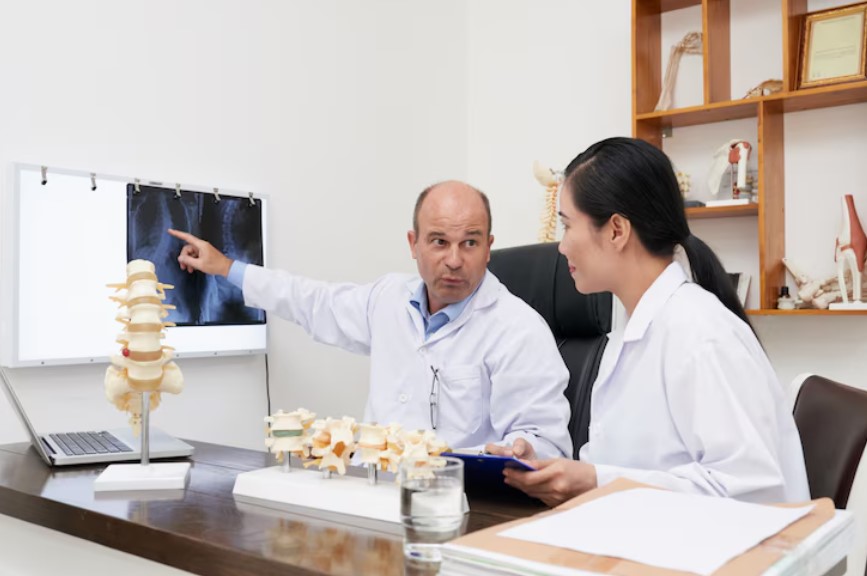30
Oct 2025
Volunteers Needed for Breakthrough Osteoporosis Exercise Study
Published in News on October 30, 2025

The team at Griffith University is calling on Australians aged 45 and over — especially those at risk of fractures — to join a unique new research project. Known as the STOP FRACTURE! study, it is evaluating the real-world rollout of an exercise programme called ONERO, aiming to boost bone strength and significantly cut down on low-trauma breaks.
Led by Belinda Beck of the School of Health Sciences and Social Work, the project is grounded in the fact that not all exercise is created equal when it comes to osteoporosis. Traditional care has focused almost exclusively on medications, but the ONERO programme uses supervised weight-lifting under specialist guidance — a major shift from the belief that people with bone weakness should avoid resistance training.
Professor Beck highlights how silent osteoporosis can be: many people only realise they have low bone mass after a seemingly minor incident causes a fracture. The study aims not only to lower fracture risk via effective exercise, but also to ramp up referral rates from GPs to this kind of therapy.
The research draws on almost a decade of translational work at the Bone Clinic (launched in 2015) where ONERO has been implemented into routine clinical care, with participants of all ages — including men, post-menopausal women, and even individuals over 90 — showing positive results.
“Once you have your first fracture, you’re four times more likely to have another,” Professor Beck notes. The STOP FRACTURE! Trial aims to change that trajectory by making strong, supervised resistance training accessible and practical for people identified as at-risk.
For participants who may need to travel for clinic visits or follow-up appointments, accommodation near hospitals and research centres in Melbourne — such as those offered by serviced apartment providers like Corporate Keys — can make participation easier. These long-stay accommodations provide comfort, privacy, and kitchen facilities, ideal for individuals recovering from injury or attending ongoing medical consultations.
If you’re interested in taking part in this Australian study — whether you’re just concerned about bone health or already have a history of fragility fractures — you can find more information through the study survey link, email [email protected], or call (07) 5552-9659.









